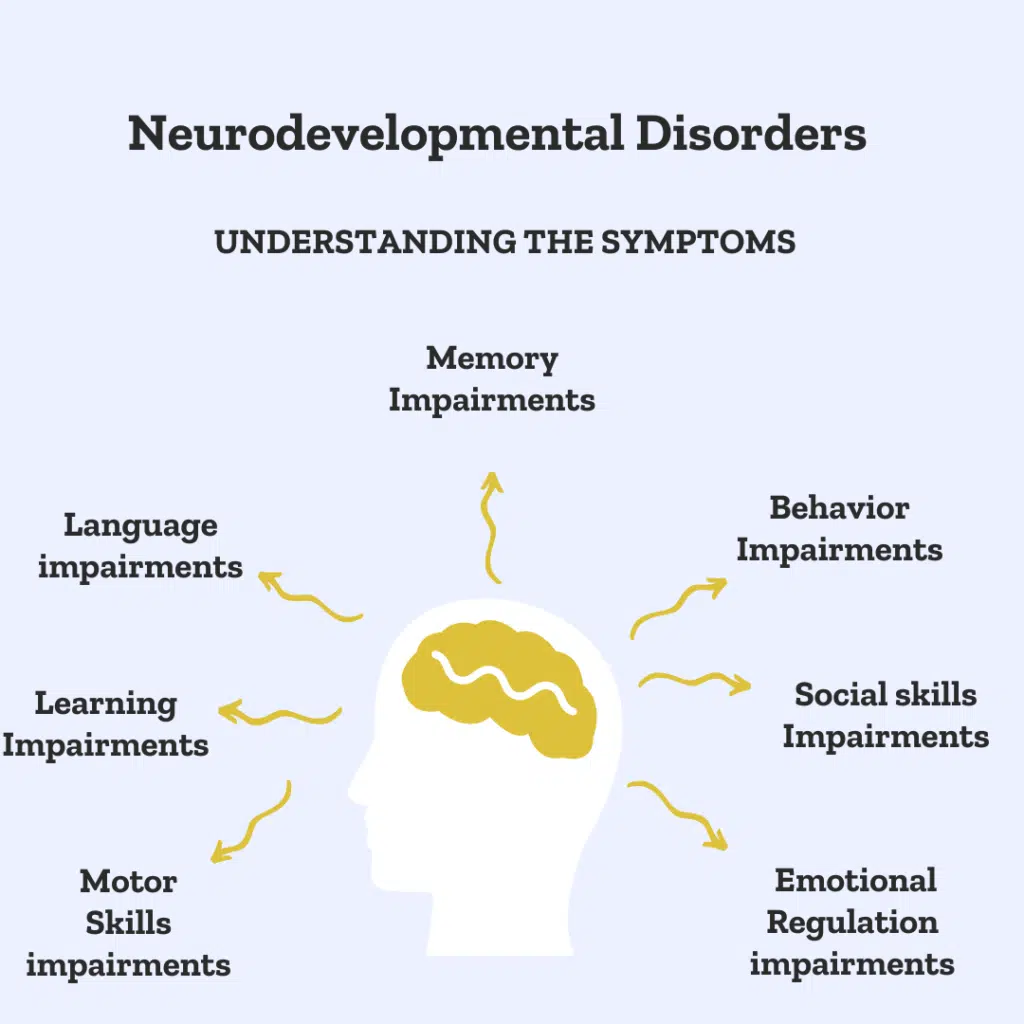Executive Functioning

What is it?
A child, teen or adult with impaired executive functioning can appear to be dysregulated, noncompliant, unorganized, or disobedient. But they are actually struggling and need help and understanding as they gain the tools and resources necessary to overcome their executive functioning deficiencies. Specific abilities that fall under the umbrella of Executive Functioning are described by Dr. Gerard A. Gioia et al. (2000) are as follows:
- Inhibition – Redirecting our thoughts or stopping oneself from acting on an impulse. Lacking inhibition is impulsivity.
- Shift – Flexibility in moving from one situation to another or the ability to freely respond to changes in expectations or circumstances.
- Emotional Control – The ability to put thought to our feelings and monitor our emotional reaction.
- Initiation – Starting a task and put individual effort into the ideas, actions, and problem-solving strategies into the process.
- Working Memory – Holding information in one’s mind for the purpose of task completion.
- Planning/Organization – Managing tasks by breaking them down into a series of actions to achieve a desired result.
- Task Monitoring – Assessing one’s own progress towards a goal and making adjustments as needed to meet the goal.
- Organization of Materials – The ability to organize possessions, work, and storage spaces in an orderly way.
- Self-Monitoring – Monitoring one’s emotions and behavior and assessing their appropriateness in the current circumstances.
When a child has weak executive functioning skills, it may be indicative of a neurodevelopmental disorder. These disorders alter neurological development and cause cognitive, emotional, and social functioning difficulties. The most common are attention deficit/hyperactivity disorder (ADHD), autism spectrum disorders (ASD), communication disorders, and self-regulation disorders.
The core cause of neurological developmental disorders is neurological dysfunction or trauma occurring during critical stages of development. This includes prenatal insults and when children who do not receive the proper emotional, environmental, and physical stimulation or when genetic conditions are present. The disorders typically become noticeable during developmental stages in childhood, such as early childhood and adolescence, when individuals are not meeting expected developmental milestones. With proper support and treatment, individuals may overcome the symptoms and brain patterns associated with their particular disorder.

Types of Neurodevelopmental Disorders
- ADHD/ADD
- Communication Disorders
- Learning Disabilities
- Sensory Processing Disorder
- Cognitive Disabilities
- Autism Spectrum Disorder (ASD)
- Neurodevelopmental Motor Disorders
